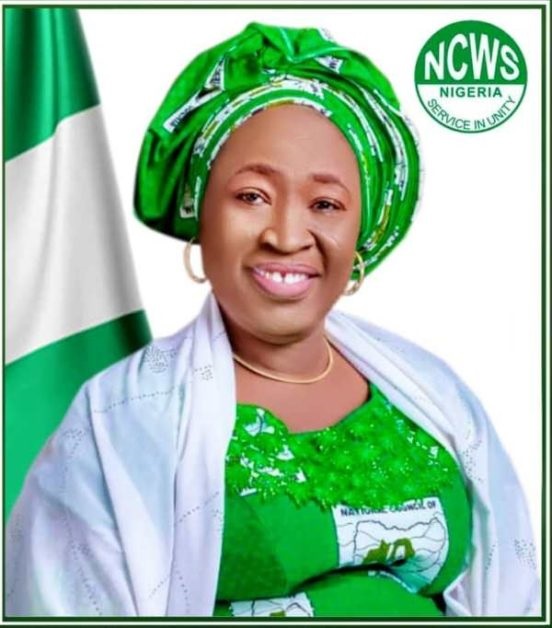
The National Council for Women Societies (NCWS) has revealed that the reduction of 56 per cent of the 2022 budgetary allocation for women’s economic empowerment (WEE) for the 2023 fiscal year will make it extremely difficult for it to function effectively.
Speaking during a press conference today (November 9, 2022) in Abuja, the NCWS national president, Hajiya Lami Lau said the allocation to WEE in the 2022 budget was N103 billion, while that for 2023 has been reduced to N58 billion.
“Not only has the money for women’s economic advancement programmes been cut but there are also now fewer ministries, departments and agencies (MDAs) carrying out WEE programmes in 2023 compared to 2022.
“In 2022, a total of 164 MDAs put WEE activities into the budget for this year 2022. For 2023 only 51 MDAs are having any activities to do with women’s economic empowerment,” she said.
Lau said that another issue of great concern to the NCWS was the severe reduction of the budget for the Federal Ministry of Women’s Affairs.
“Without funding for the women’s machinery, that is, the ministry, it is very difficult to implement and even monitor projects targeting women.
“In the 2022 budget, the Federal Ministry of Women Affairs received N19 billion or 18.19 per cent of the budget for women’s economic empowerment.
“In the 2023 budget the Federal Ministry of Women Affairs was only allocated N2.1 billion or 3.59 per cent of the total budget for WEE,” she explained.
Lau said that the figures were accurate but worrisome.
“Our figures are based on the budget documents presented to the National Assembly by Mr. President on October 7, 2022,” she said
The NCWS national president called on all stakeholders, especially the National Assembly, that the 2023 budget does not provide adequate resources for women’s economic empowerment in line with the clear commitment made by President Muhammadu Buhari.
The president also called for adequate and proportionate funding for women in economic activities, for the benefit of the nation.
“Investing in women is a guarantee for sustainable national growth and development. No nation can develop and grow with inadequate investment in women,” she explained.
The NCWS boss commended the Federal Government for its numerous WEE policies, including the national inclusive strategy, national development plans that recognise the role of women and the various interventions at several MDAs.
Lau stressed hope that the National Assembly would do the needful while it is reviewing the 2023 budget.
Some experts who spoke to our correspondent on the sideline of the event said that Nigeria can push its economic growth level to an enviable position by uncovering and utilising the value of its “massive female population”, around 104 million of the nation’s total population.
“This is roughly around 49.31 per cent of the total national population according to a research report by trading Economics in 2021.
“Precisely, by equipping a larger portion of this sizeable population segment with the right skill set and, given the right opportunities to function across sectors, more value would be generated within the economy. This gender empowerment effort will have a rich impact on the country’s sagging gross domestic product (GDP) rating,” they stressed.

